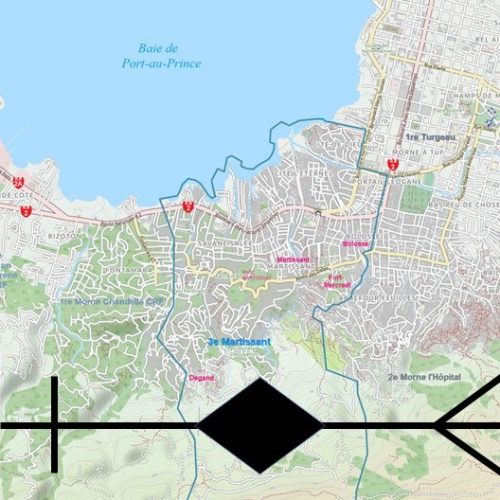The early Soviet propaganda movie, The Battleship Potemkin, culminates in a prolonged and shocking sequence of local citizens men, women and children gunned down by remorseless Czarist soldiers on Odessa’s famed harbor-to-town staircase. The sequence remains a shocker. (And is still studied in film schools, apparently, for being ground-breaking effective and technologically ahead of the time.) Historically, there was never such a massacre on the Steps, but the sequence served as a kind of cinematic shorthand for State brutality aimed at essentially harmless, unarmed, unthreatening civilians in a public place; civilians who were seen to be defying the authority of the State. And so the armed minions of the State acted because even the mildest defiance of Authority on the part of ordinary workers and their families is a stab at the heart of those Authorities. They cannot brook defiance, and so out come the armed police, just as they have this week in the streets of Ottawa with regard to the truckers protesting vaccine mandates. All the forces of the law, with the cheerful approval of the Canadian established media, the intellectual and ruling class it’s really rather breathtaking, this concentrated venom and enthusiasm for breaking heads and bones, all aimed at the workers participating in a civil and well-organized street protest. (It would seem that as far as the RCMP are concerned, Dudley Do-Right and Constable Benton Fraser both have left the building so much for Canadian ‘polite.’)
What will happen now that the ordinary working stiffs of Canada have been so casually abused by their native ruling class; threatened with having bank accounts frozen, their means of earning a living confiscated, themselves arrested, while their pets and children given over to the tender care of animal shelters and the child “protection” authorities? How far will this protest go now, bouncing down the Odessa Steps like a runaway baby carriage? It could be that Canadians, with the ethos of being polite, courteous, and truthful, may be truly shocked, shocked to the point of open rebellion over being consistently lied about and bullied by their ruling elite. In America, our own flyover country residents are perfectly accustomed to being abused as stupid, red-necked rubes by our own elite class. It’s what we have come to expect of NPR, the political ruling class, the New York/Hollywood cultural axis and the inside-the-Beltway-Washington DC denizens; what we have come to expect of them anyway. It may be a new and shocking development to ordinary, working-class Canadians, this contempt for the working class, though. Comment as you wish.


